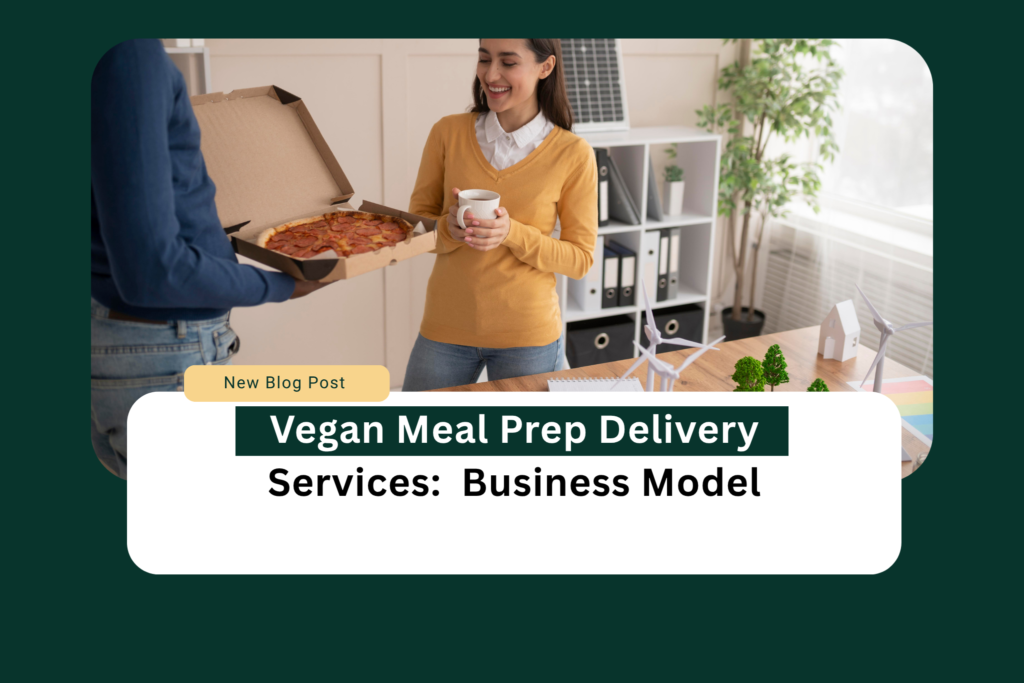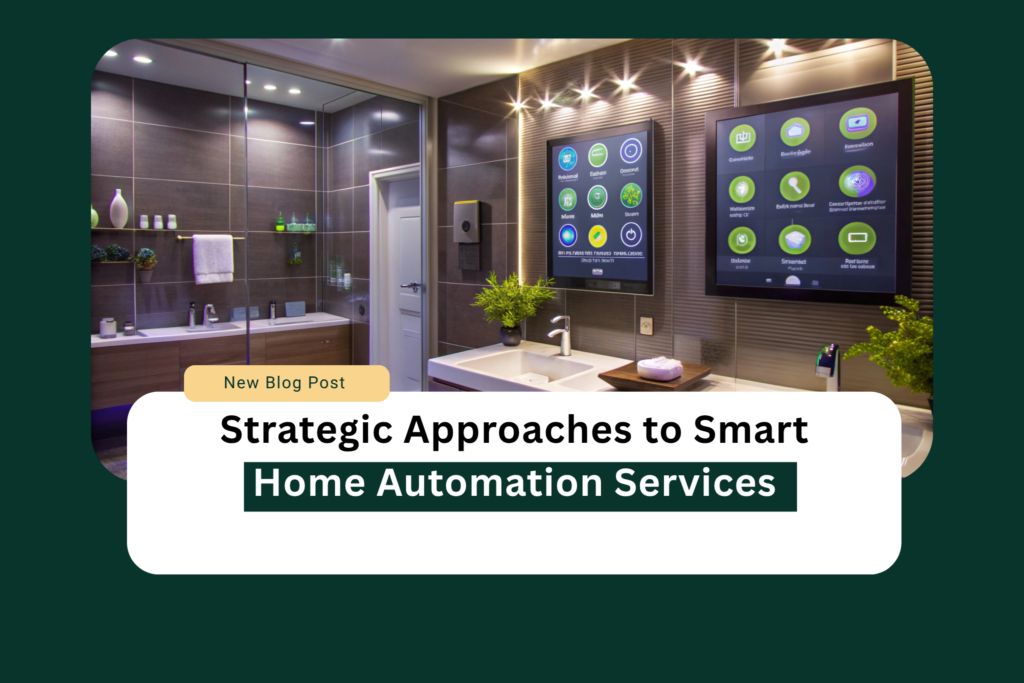Introduction
The vegan meal prep delivery business model has seen extraordinary growth throughout the United States in recent years. The market expansion demonstrates how customers prioritize their health together with environmental responsibility and animal-friendly eating habits. Research from Grand View Research shows the meal delivery services market reached $15.9 billion in 2021 and forecasts it will expand through 2030 at a 13.8% compound annual growth rate specifically due to plant-based option popularity.
The Vegan Meal Prep Delivery Revolution
Modern consumers find solutions in the vegan meal prep delivery business model which resolves multiple current challenges. Modern professionals who need healthy and environment-friendly food can enjoy vegan meals prepared in advance which are delivered straight to their homes. The market demands for convenient services and rising environmental consciousness about meat consumption have led to a perfect business opportunity. Research by The Good Food Institute shows plant-based food retail sales experienced a 27% increase in 2020 up to $7 billion which exceeded conventional food sales growth.
This business model functions by subscription which allows customers to choose meal plans according to their tastes together with dietary restrictions and financial constraints. The company prepares bulk meals before sustainable packaging and delivering the products fresh or frozen to customer residences. The subscription revenue stream creates financial stability for businesses which enables them to predict customer demand more accurately and reduce food waste.
Economic Viability of Vegan Meal Prep Delivery
The economic efficiency of the vegan meal prep delivery business model stands out as its main attractive feature. Plant-based ingredients provide lower costs compared to animal products which enables businesses to generate higher profits when they market their products as premium health-focused offerings. The market value of plant-based animal product substitutes increased by 29% to reach $5 billion in annual revenue according to Nielsen data. Higher customer perception of convenience and nutrition expertise along with ethical sourcing practices enables businesses to establish premium pricing.
The successful operation of vegan meal prep delivery services follows a centralized kitchen system instead of investing in expensive storefronts. Reducing overhead expenses enables the business to benefit from larger production scales. Increasing order volumes gives these businesses the power to get better prices from organic and plant-based suppliers which enhances their profit margins without compromising product quality.
Technology Integration and Customer Experience
The contemporary vegan meal prep delivery business operates through a technological framework that powers its operations. The businesses operate efficiently by using sophisticated ordering platforms that combine data analytics for preference tracking while also using logistics optimization software to deliver personalized experiences. The Journal of Food Products Marketing study revealed that convenience stands as the main reason for 67% of subscribers using meal kits while health benefits follow closely behind at 53% along with trying new recipes at 42%.
The leading vegan meal prep delivery services use customer data to forecast customer tastes and minimize waste during operations. These companies analyze subscriber ordering data to modify their menus according to seasonal needs while offering new menu items based on trending ingredients and customizing personal meal options for their subscribers. The data-driven strategy enhances both customer satisfaction results and inventory optimization processes.
Sustainability as a Core Business Value
The fundamental nature of environmental sustainability defines the core business model of vegan meal prep delivery services while marketing itself as sustainable represents only one aspect of their branding. The University of Oxford conducted research indicating that moving to plant-based diets enables a 73% decrease in food carbon emissions. The environmental effects of vegan meal delivery services connect them to expanding customer awareness about ecological concerns.
The leading businesses operating in this sector have established extensive sustainability programs that extend past employing plant-based components. The company offers sustainable packaging solutions together with carbon emission-free delivery services and programs dedicated to minimizing food waste. Vegan businesses link with local farms to obtain seasonal produce which reduces transportation emissions while creating support for regional economic systems. The adoption of these practices serves two functions: they attract consumers who care about the environment while simultaneously diminishing long-term operational expenses.
Scaling Challenges and Solutions
The potential for growth in vegan meal prep delivery business models encounters several barriers during expansion efforts. Quality control maintenance becomes more challenging as the business grows while competition grows stronger in metropolitan areas. Businesses operating in this area need to handle seasonal food availability while managing logistics across different regions alongside maintaining standardized taste profiles at enlarged production levels.
The challenges of scaling business operations in this sector were resolved by vertical integration strategies strategic partnerships and capital investments in food technology. The companies have invested in developing their unique plant-based ingredients and custom cooking methods to establish unique features in their products. Companies have chosen to team up with existing local delivery networks in new locations until they create their distribution systems. Leading companies search for preserved food technologies that lengthen shelf stability while maintaining both nutrition and flavor quality.
Future Growth Opportunities
The vegan meal prep delivery business model remains in active growth as new promising directions emerge for its future expansion. Statista reports that plant-based diet followers number 9.7 million Americans who represent a progressively increasing demographic over the previous decade. The growing customer base enables new service opportunities to deliver specialized meals for different vegan dietary requirements.
Customized nutritional solutions establish an exciting new development path. Vegan meal prep delivery services achieve customized meal planning through the integration of nutritional science and health information which allows them to offer personal plans for specific health objectives food sensitivities and athletic performance needs. Such an approach allows businesses to transition from basic convenience services into full wellness partners.
Conclusion
The vegan meal prep delivery business model harnesses multiple strong market movements by combining the growth of plant-based diets with consumer convenience needs environmental concerns and technological capabilities for individualized service creation. Research by Meticulous Research indicates that the global plant-based food market will grow to $74.2 billion by 2027 which positions vegan meal prep delivery services for future expansion along with creative advancements.
For entrepreneurs and investors in the food service industry, the vegan meal prep delivery business model offers a compelling opportunity to create sustainable, scalable businesses that align with evolving consumer priorities. By focusing on quality ingredients, environmental sustainability, and technological integration, these businesses can build loyal customer bases while contributing to positive social and environmental outcomes.
What do you think about the vegan meal prep delivery business model? Have you tried any of these services? We’d love to hear your experiences and feedback in the comments section below. If you found this article helpful, please consider sharing it on your social media networks to spread awareness about sustainable food options.
FAQs
What does a normal subscription to a vegan meal prep delivery service typically charge?
The prices for standard meals at these services fall between $9 and $15 each, but you can get discounts when ordering larger weekly quantities.
Can customers across the United States access vegan meal prep delivery services?
The major delivery network operates within city areas, yet regional providers maintain service areas across particular geographic regions.
Can subscribers modify their meal choices to accommodate dietary allergies?
The majority of services handle regular allergies and standard dietary needs.
How long do meals stay fresh?
The shelf life is 3-5 days when refrigerated, but frozen storage extends to 2-3 months.
Are packaging materials recyclable?
The leading service providers use either compostable or recyclable materials in their operations.
Read More : Handmade arts and craft retail plan








